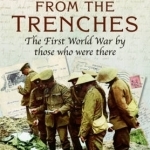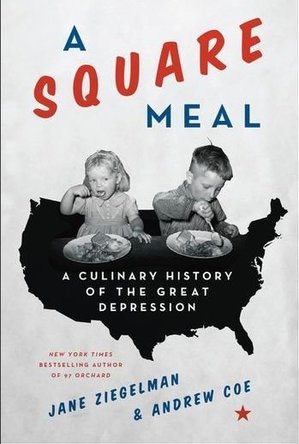
In Essentials, Unity: An Economic History of the Grange Movement
Jenny Bourne and Paul Finkelman
Book
The Patrons of Husbandry-or the Grange-is the longest-lived U.S. agricultural society and, since its...
Anna Komnene: The Life and Work of a Medieval Historian
Book
Byzantine princess Anna Komnene is known for two things: plotting to murder her brother to usurp the...
The Critical Surf Studies Reader
Dexter Zavalza Hough-Snee and Alexander Sotelo Eastman
Book
The evolution of surfing-from the first forms of wave riding in Oceania, Africa, and the Americas to...

Therein Lies the Pearl
Book
Normandy, 1064 Celia Campion, a girl of humble background, finds herself caught in a web of...
Historical Fiction Anglo Saxon History Early Medieval St Margaret

Letters from the Trenches: The First World War by Those Who Were There
Book
A history of the First World War told through the letters exchanged by ordinary British soldiers and...

The Book of Longings
Book
In her mesmerizing fourth work of fiction, Sue Monk Kidd takes an audacious approach to history and...

A Square Meal
Book
James Beard Foundation Book Award Winner From the author of the acclaimed 97 Orchard and her...
Great depression FDR food history

A Natural History of English Gardening 1650-1800
Book
A beautifully illustrated exploration of the quest for order within the garden, and within the...

A Loeb Classical Library Reader
Book
This selection of lapidary nuggets drawn from 33 of antiquity's major authors includes poetry,...
Toupie Lowther: Her Life - a New Assessment
Book
Toupie Lowther appears as a walk-on character in many biographies of Radclyffe Hall and Una...
